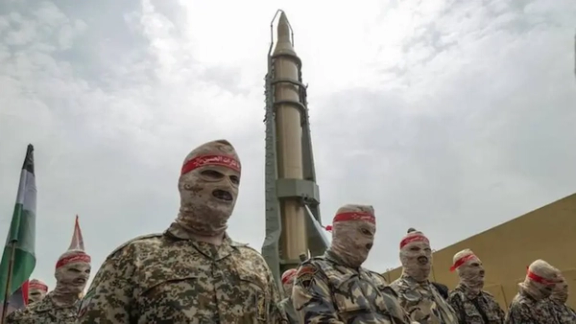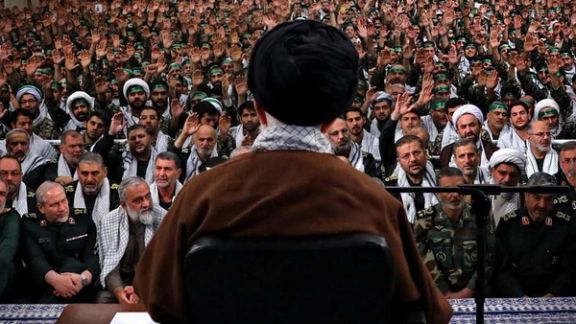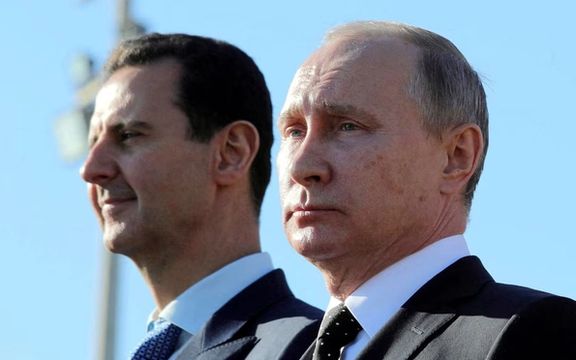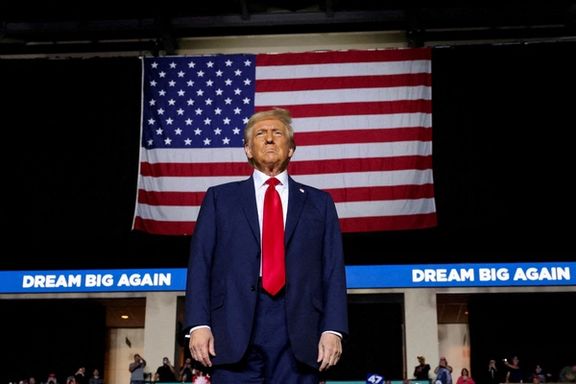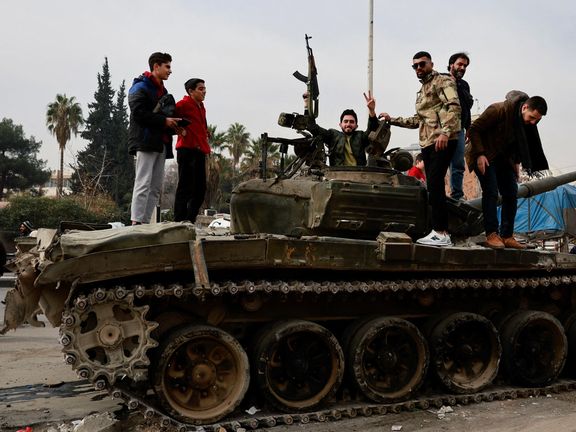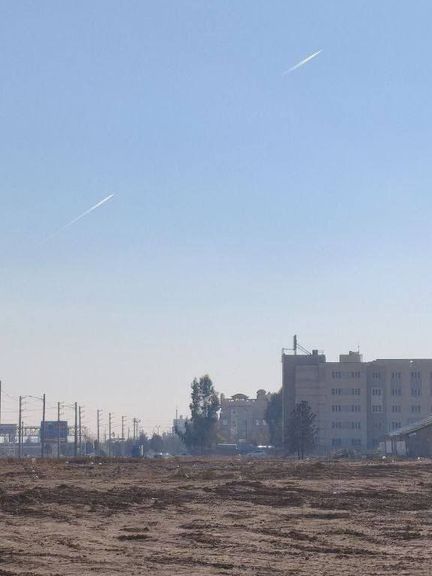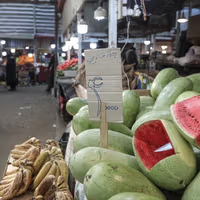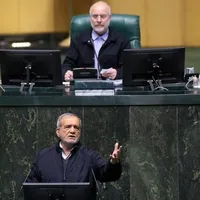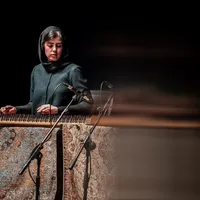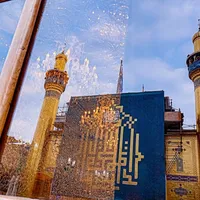The annual Country Reports on Terrorism (CRT) mandated by Congress has consistently named Iran thus since 1984, citing its extensive support for groups designated as terrorist organizations such as Hezbollah, Hamas and the Houthis.
While other countries, such as Syria, North Korea, and Cuba, have been listed as "state sponsors of terrorism" in the report, Iran is consistently singled out as the most prominent actor, a designation it has held since five years after the inception of the Islamic Republic following the 1979 revolution.
No country preceded it in the designation.
The latest 2023 CRT report released on Thursday evening accused Iran of facilitating a wide range of "terrorist and other illicit activities," primarily through the Islamic Revolutionary Guard Corps-Qods Force (IRGC-QF).
“Through the IRGC-QF, Iran provided funding, training, weapons, and equipment to several US-designated terrorist groups in the region responsible for conducting these destabilizing attacks,” the report said.
Following Hamas’s October 7 attacks on Israel, Iranian-backed groups exploited the conflict to advance their objectives, the report said.
“Although there is no evidence that Iran knew about Hamas’s October 7 attacks on Israel in advance, its long-standing material, financial, and training support to Hamas enabled Hamas to execute the attack,” the report added.
In Iraq and Syria, Iran supported Iranian-aligned militia groups (IAMGs), including Kata’ib Hezbollah, Harakat al-Nujaba, and Asa’ib Ahl al-Haq, with advanced weapons, training and funding.
“Iranian forces have backed militia operations in Syria and Iraq directly, with artillery, rockets, drones and armored vehicles,” the report noted, emphasizing Tehran’s use of routes through Syria to arm Hezbollah and other groups.
The report also highlighted Iran’s support for Hezbollah in propping up the President Bashar al-Assad in Syria.
“Hezbollah fighters have been used extensively in Syria to support the Assad regime,” the report said, adding that Iran viewed Assad as a crucial ally. The report also documented Iran’s role in recruiting Shia fighters from Afghanistan and Pakistan to bolster the Assad regime, often through financial incentives or coercion.
The report further accused Iran of providing weapons, such as drones and missiles, to the Houthis in Yemen, who intensified attacks on civilian shipping in the Red Sea, disrupting maritime commerce and global trade. The Houthis also seized commercial vessels and attacked Israel with missiles and unmanned aerial vehicles.
Beyond the region, Iran was accused of orchestrating or supporting plots against dissidents and other perceived enemies abroad, including an assassination attempt on an Iranian dissident in New York City and targeting Israeli and Jewish individuals in Cyprus.
The report also detailed threats against Iran International, noting, “In 2023, a United Kingdom court convicted a man for attempting to gather information for terrorist purposes.”
Iran had hosted senior al-Qa’ida leaders, the State Department further alleged.
“Iran has allowed al-Qa’ida facilitators to operate a core transit pipeline through Iran since at least 2009, enabling al-Qa’ida to move funds and fighters to South Asia and Syria, among other locales,” it said.
The report further accused Iran of violating international laws by attacking commercial vessels in the Arabian Sea and the Gulf of Oman, seizing ships in the Strait of Hormuz.
As in the previous year, the State Department concluded that the IRGC-QF remains Tehran’s primary mechanism for cultivating and supporting "terrorist" activity abroad and emphasized Iran’s use of proxies to shield itself from accountability while promoting destabilizing policies globally.
